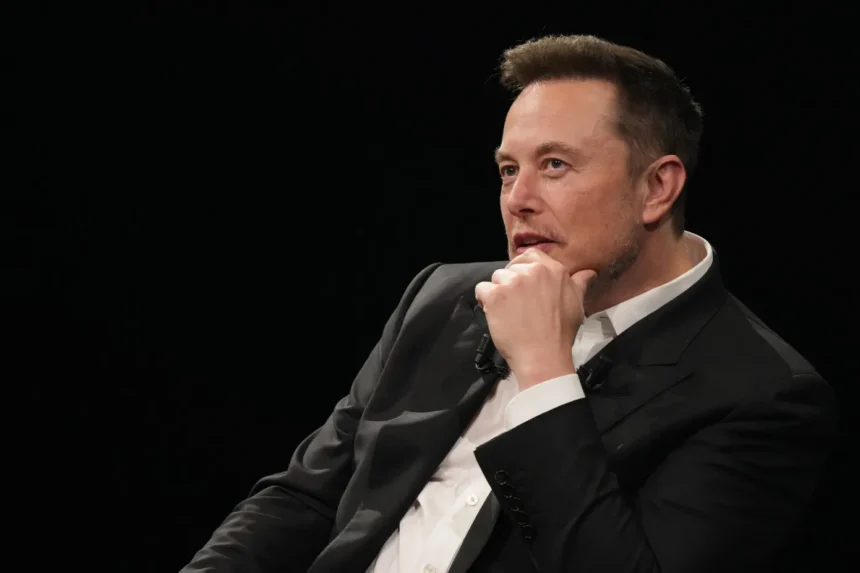According to a filing with the SEC, Neuralink, the Elon Musk-founded startup creating implantable devices that can read brain waves, has raised an extra $43 million in venture money.
According to the document released this week, the business raised its last tranche in early August from $280 million to $323 million, with Peter Thiel’s Founders Fund leading the charge. Thirty-two investors took part, the filing states.
Neuralink has not recently revealed its valuation. Reuters, however, revealed in June that the company’s valuation following privately performed stock trades came to approximately $5 billion.
Neuralink, a company founded in 2016, has developed a device resembling a sewing machine that can insert incredibly fine threads inside the brain. The threads fasten to a specially-made chip with electrodes that can read data from clusters of neurons.
Implants that read brain signals have been around for decades. However, Neuralink’s purported innovation resides in the fact that more electrodes are implanted and that the devices are wireless.
After having its application rejected earlier, Neuralink was granted FDA approval for human clinical trials in May and began recruiting for its initial trials using an experimental device exemption.
However, Neuralink is coming under more and more fire for what detractors claim to be unethical research procedures and a poisonous workplace culture.
A “culture of blame and fear” was described by unnamed former employees in a January 2022 Fortune story. They said that Musk regularly encouraged junior staff members “to email issues and complaints to him directly,” undermining management. Only three of the eight original scientists were still employed by the company in August 2020 as a result of an “internal conflict in which rushed timelines… clashed with the slow and incremental pace of science,” according to a Stat News article.
The Physicians Committee for Responsible Medicine (PCRM) claimed in 2022 that Neuralink and UC Davis, a former research partner, had mistreated a number of monkeys used in Neuralink hardware testing, causing them to suffer from persistent infections as a result of surgical wounds and psychological discomfort. According to reports from Reuters and Wired, Musk’s expectations for quick results may have caused testing to be hurried, which could have resulted in issues with electrode implantation, such as partial paralysis and brain swelling.
The U.S. Department of Agriculture (USDA) conducted a federal inquiry into Neuralink for almost a year pertaining to infractions of animal welfare laws. Except for a prior, self-reported incident from 2019, the USDA ultimately found “no evidence” of animal welfare violations in the startup’s trials. However, the PCRM challenged the investigation’s findings.
U.S. lawmakers requested that the SEC look into Neuralink in November 2023 because the company had concealed information regarding the deaths of at least twelve animals after receiving its implants through surgery.
Source: TechCrunch









